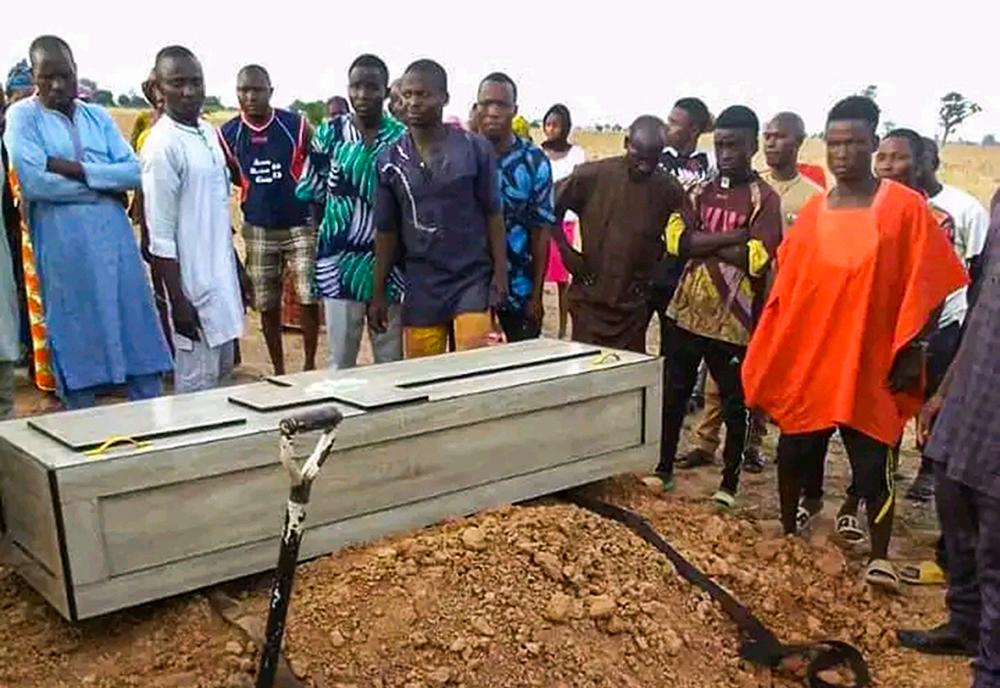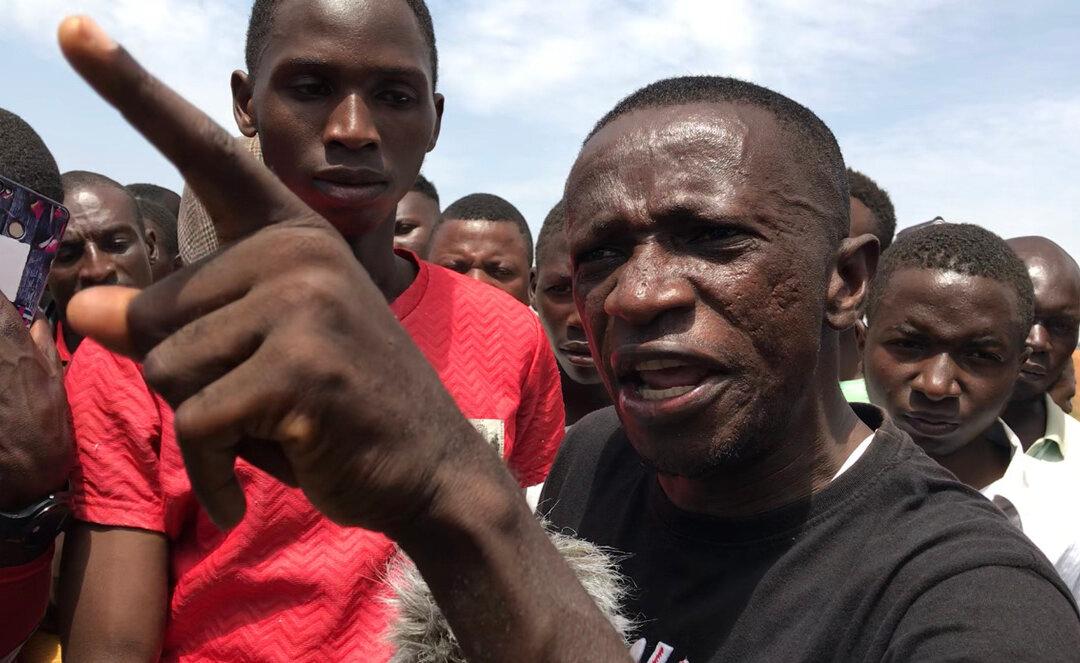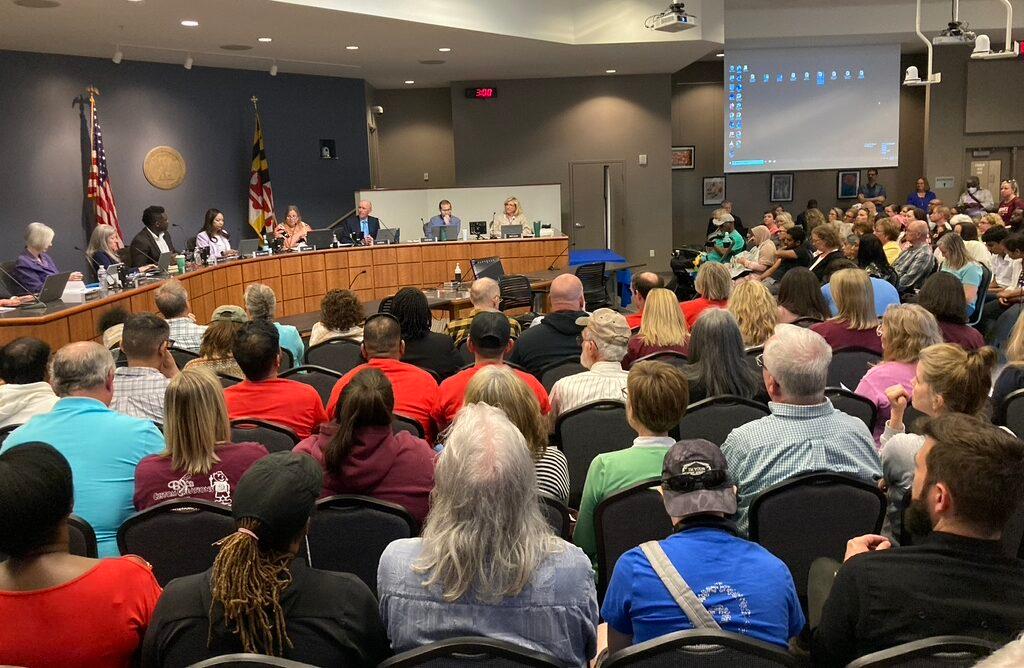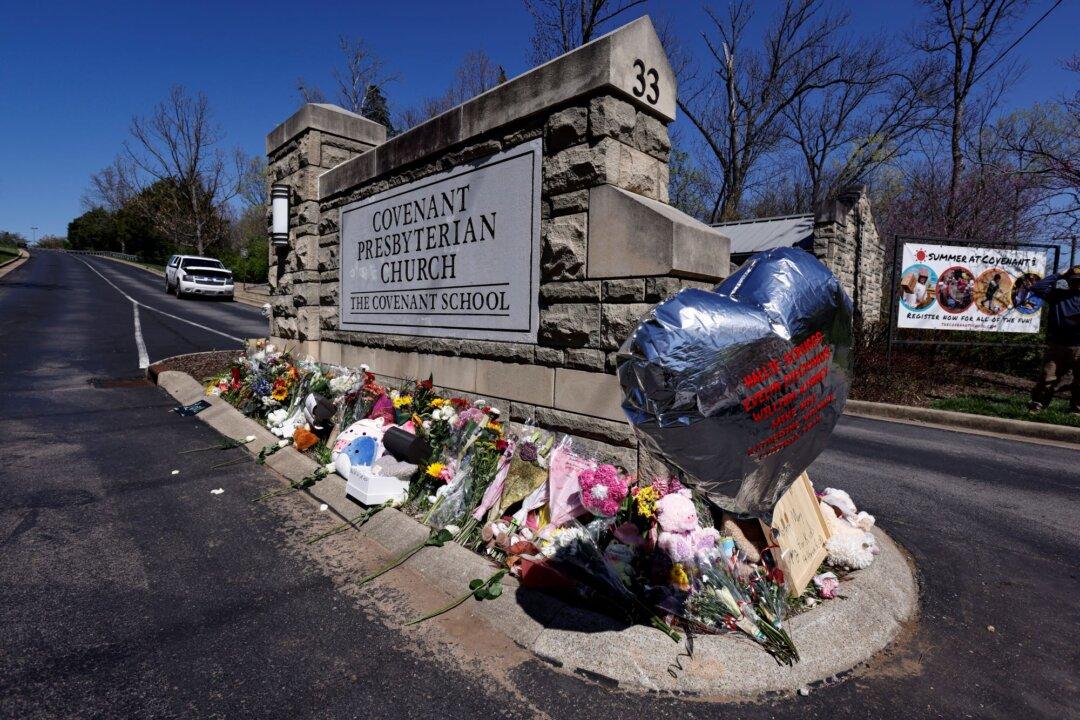It was only their second day in Ukraine, but a Russian armored column already had reached their bridge too far at Bucha, northwest of Kyiv.
“I had just crossed the bridge in Bucha to drop off a friend who would meet her family on the Kyiv side of the Irpin River, and as I glanced back, I saw a group of Russian armored personnel carriers approach the bridgehead from the other side,” said Igor Korsun to The Epoch Times.





